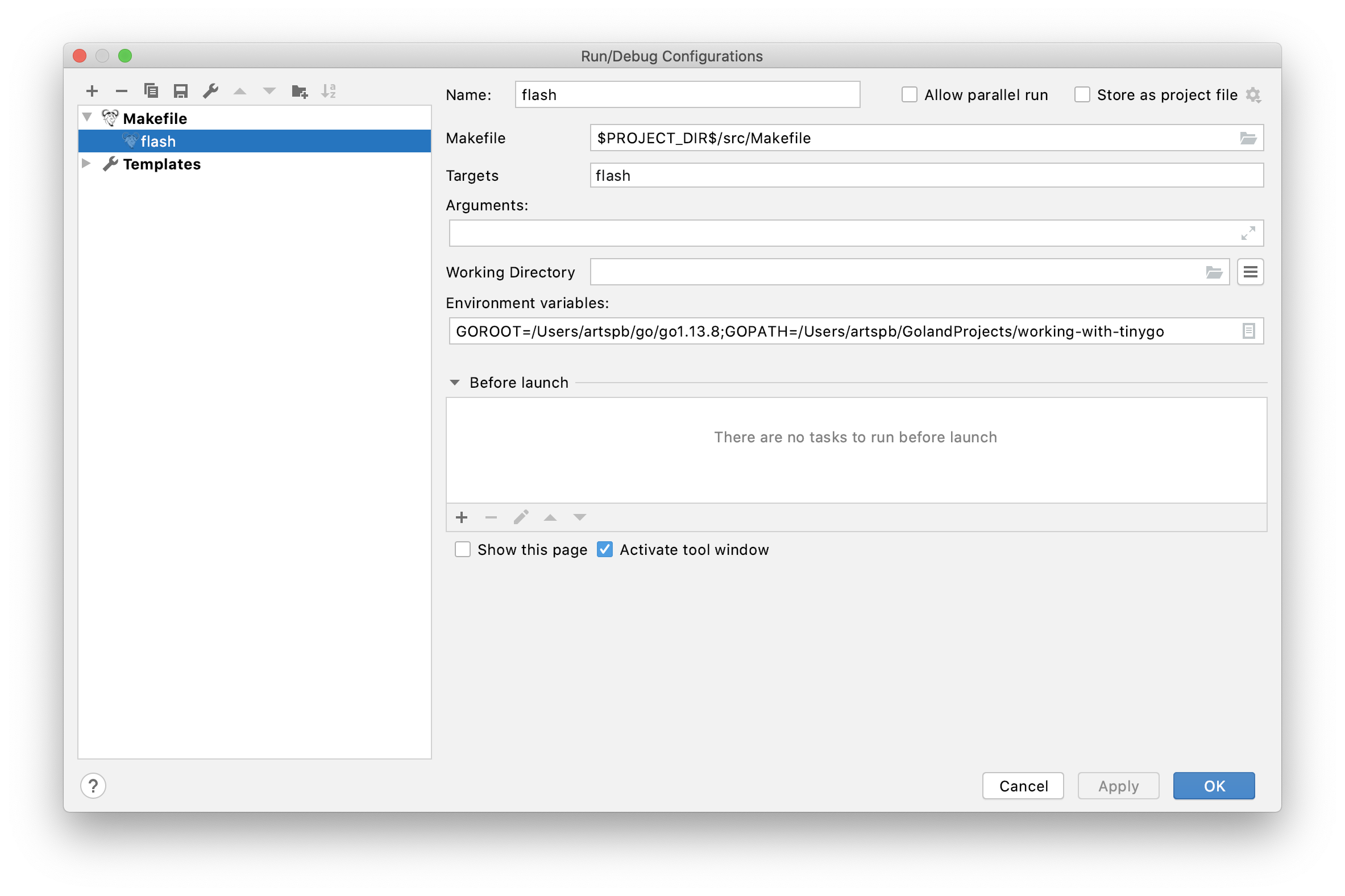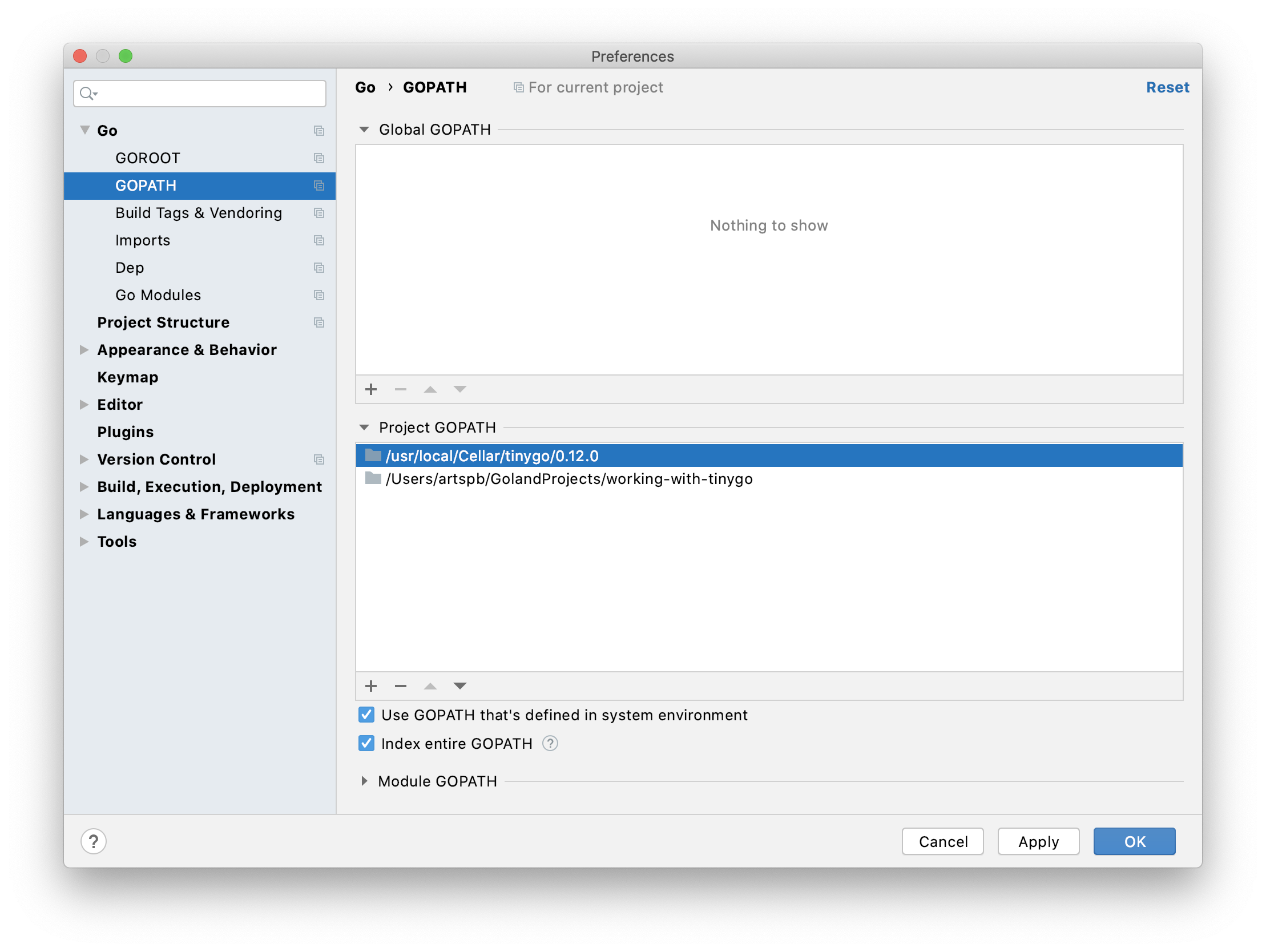
To run your Go binary executables like other Linux commands, add $GOBIN to your $PATH environment variable.

If you see the output showing you the message in the program file, then your installation is working correctly.ġ1. Now, compile the program above as using go install and run it: $ go install $GOPATH/src/hello/hello.go Then use your favorite editor to create the hello.go file: $ vi ~/go_projects/src/hello/hello.goĪdd the lines below in the file, save it, and exit: package mainįmt.Printf("Hello, you have successfully installed GoLang in Linux\n")ġ0.

go extension.īegin by creating the hello project directory under ~/go_projects/src/: $ mkdir -p ~/go_projects/src/hello All your GoLang source files must end with the. To test your if your Go installation is working correctly, write a small Go hello world program, save the file in ~/go_projects/src/hello/ directory. Type the following command to display usage information for the Go tool, which manages Go source code: $ go helpĩ. Run the commands below to view your Go version and environment: $ go version The final step under this section is to effect the changes made to the user profile in the current bash session like so: $ source ~/.bash_profileĨ. Note: If you installed GoLang in a custom directory other than the default ( /usr/local/), you must specify that directory as the value of the GOROOT variable.įor instance, if you have installed GoLang in the home directory, add the lines below to your $HOME/.profile or $HOME/.bash_profile file. Then, set the values of GOPATH and GOBIN Go environment variables in your user profile file ( ~/.profile or ~/bash_profile) to point to your workspace directory. Using your preferred editor, open the appropriate user profile file as per your distribution and add the line below, save the file, and exit: export PATH=$PATH:/usr/local/go/binĦ. Now, add /usr/local/go/bin to the PATH environment variable by inserting the line below in your /etc/profile file for a system-wide installation or $HOME/.profile or $HOME./bash_profile for user-specific installation: Now it’s time to execute Go like the rest of Linux programs without specifying its absolute path, its installation directory must be stored as one of the values of $PATH environment variable. Therefore create the above directory tree as follows: $ mkdir -p ~/go_projects/ĥ.

Where, -C specifies the destination directory.
BREW INSTALL GOLAND ARCHIVE
Then extract the tar archive files into /usr/local directory using the command below.
BREW INSTALL GOLAND DOWNLOAD
If that is the case, proceed to the next step, otherwise, download a new tarball and run the check again.ģ. Important: To show that the contents of the downloaded archive file are the exact copy provided on the GoLang website, the 256-bit hash value generated from the command above as seen in the output should be the same as that provided along with the download link. Next, check the integrity of the tarball by verifying the SHA256 checksum of the archive file using the shasum command as below, where the flag -a is used to specify the algorithm to be used: $ shasum -a 256 go1.7.3.ī49fda1ca29a1946d6bb2a5a6982cf07ccd2aba849289508ee0f9918f6bb4552 go1.15.2. Go to and download the latest version (i.e 1.15.2) of GoLang in an archive file using wget command as follows: $ wget -c Ģ. Below is a list of a few well known open source projects developed using GoLang:ġ. GoLang is highly productive, and readable with support for networking and multiprocessing and it is scalable in extensive systems as well. Go (also referred to as GoLang) is an open-source and lower-level programming language designed to enable users to easily write simple, reliable, and highly efficient computer programs.ĭeveloped in 2007 at Google by a team of programmers – Robert Griesemer, Rob Pike, and Ken Thompson, it is a compiled, statically typed language same to other system languages such as C, C++, Java, and many more.


 0 kommentar(er)
0 kommentar(er)
